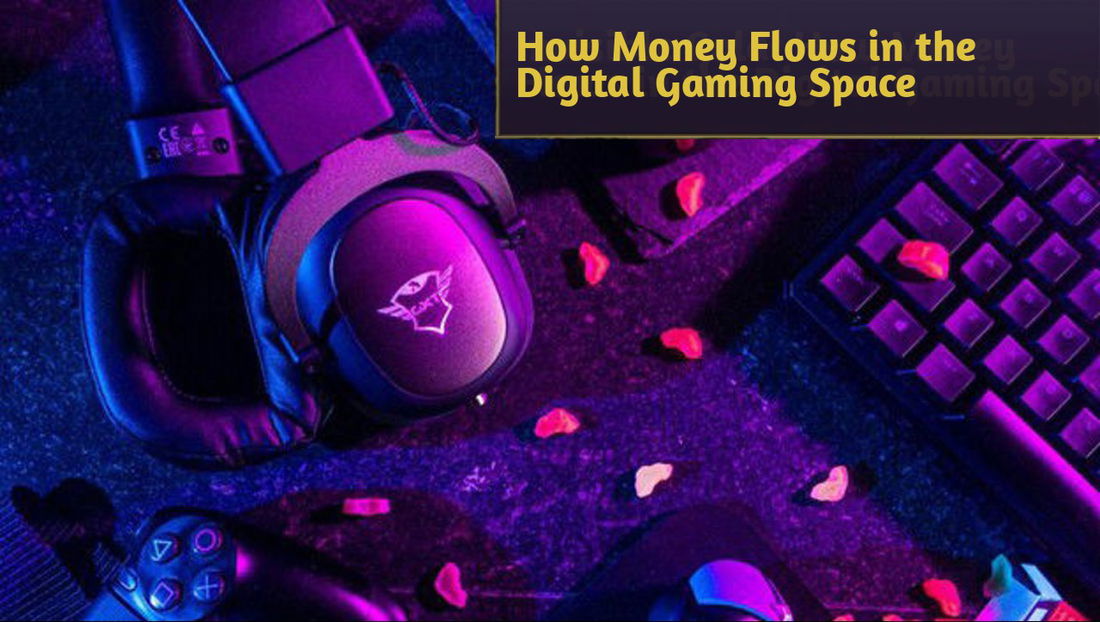These traits apply whether shuffling a physical deck or navigating a digital interface.
What sets stronger players apart isn’t just knowledge of the rules. It’s the ability to think ahead, remain composed under pressure, and learn from experience. Strategic thinking developed at the card table often transfers seamlessly into online formats, where similar decisions must be made quickly and accurately.
Game mechanics may look different across platforms, but the mental approach required for success has much in common.
Strategic Thinking Patterns Shared Across Formats
Good card players know how to manage limited resources. In games like Magic: The Gathering, decisions around which cards to play and when to hold back are based on careful calculation. That same mindset applies to online games, particularly those hosted on platforms like Nixbet, where managing digital currency and bonus features affects outcomes.
Being able to weigh options and measure probabilities is equally valuable in both environments. Players who thrive on Nixbet Casino often develop an instinctive grasp of game flow and potential outcomes, shaped by long-term card gaming experience.
Pattern recognition also plays a major role. Observing behaviour, identifying trends, and adjusting to shifting strategies are core habits developed through card play that become highly useful when gaming online.
Risk Evaluation and Probability Awareness
Playing cards regularly helps develop a sense for probability. Over time, skilled players start to spot which moves are worth the risk and which should be avoided. They don’t rely on hope. They assess their options based on observed outcomes and a growing mental database of patterns.
That same skill set applies online. Whether playing a turn-based card game or a fast-paced session on Nix bet, players make more informed decisions when they have a feel for the numbers behind their choices. Some platforms show odds outright, while others leave players to work it out on their own.
Confidence in risk management is what allows consistent improvement. It reduces impulsive decisions and reinforces strategies that support sustainable gains.
Psychological Techniques That Hold Up Online
Emotional control is one of the strongest performance indicators across any gaming format. Card players refer to “tilt” when a player becomes emotionally unsettled and starts to make poor decisions. That same concept is relevant online, where frustration can quickly derail a session.
Bluffing doesn’t disappear when the physical table is gone. It evolves. In digital games, players give away less with their faces but more with their betting timing, decision speed, and even chat messages. This makes bluff detection and execution an art based on new cues.
People who succeed at both types of gaming learn to read these subtle signals. They also maintain a strong internal check on their reactions, keeping gameplay decisions separate from emotional responses.
Reading Digital Tells
Physical tells, nervous gestures, hesitations, and eye contact are missing from online games. But players still leave clues behind. Quick betting, long pauses, and unusual timing choices can all reveal confidence levels or uncertainty.
Many gamers repeat similar habits across formats. Someone known for aggressive card play often adopts a similarly bold approach online. With enough observation, these patterns become readable.
Tracking opponent behaviour over multiple sessions allows for adjustments that turn close matches into long-term advantages. It takes patience, but this awareness can dramatically shift performance.
Resource Management and Long-Term Thinking
Financial discipline plays a bigger role in gaming than most people realise. Card game enthusiasts often get used to investing in decks, managing tournament fees, and keeping records of performance. Those habits form the foundation of good bankroll management online.
Nixbet Casino players, for instance, benefit from this experience. Managing digital chips or account balances requires the same restraint and planning. Reacting to losses or chasing big wins without a plan leads to poor results.
Long-term strategy beats short-term thrills. Players who focus on improving over time, rather than fixating on individual outcomes, build habits that translate across any gaming platform.
Tracking Sessions and Reviewing Decisions
Many serious card players take notes. After matches, they review which decisions worked, how opponents reacted, and what they could have done differently. This habit supports steady improvement.
Applying that level of analysis to online gaming helps maintain focus and avoid common mistakes. Players often track session results, review gameplay, and set clear time or money limits in advance.
Breaking gameplay into sessions with defined start and end points prevents fatigue and sharpens decision-making. Maintaining structure creates space to learn rather than reacting emotionally to the ups and downs of play.
Staying Competitive in Evolving Environments
Card games often change. New expansions, rule updates, or tournament formats demand quick thinking and flexibility. Successful players tend to respond quickly to shifts rather than rely on outdated strategies.
That habit of staying alert carries over into online environments. Platform updates, changing game mechanics, and shifting player behaviour affect outcomes. Those who keep learning and adapting maintain their edge.
Keeping up with changes takes effort. Some players study patch notes, follow community forums, or analyse win/loss trends. That commitment to staying informed boosts competitiveness across card tables and digital platforms.
Learning From Communities
Many card players improve by discussing strategy with peers. These communities offer valuable feedback, Whether in-person meetups, group chats, or online discussion boards. Sharing insights helps refine decision-making and exposes players to new approaches.
The same holds true for online gaming. Many successful players on platforms like Nixbet test strategies in demo modes or break down hand histories with others. Learning doesn’t happen in isolation.
Tutorial videos, forums, and live-streamed games all offer ways to pick up fresh tactics. Players who invest time in reviewing and discussing their approach often see the biggest gains in performance.
Apply Card Game Skills to Strengthen Your Online Play
Skills gained through card gaming don’t need to stay at the table. Bringing them into your online sessions gives you a strong foundation for consistent improvement. Platforms are available that reward players who think strategically, stay composed under pressure, and commit to learning over time.
Stay engaged with performance tracking, learn from community resources, and adapt to gameplay shifts. With a clear plan and a steady mindset, your approach to digital gaming can become more focused and rewarding.










— commentaires 0
, Réactions 1
Soyez le premier à commenter